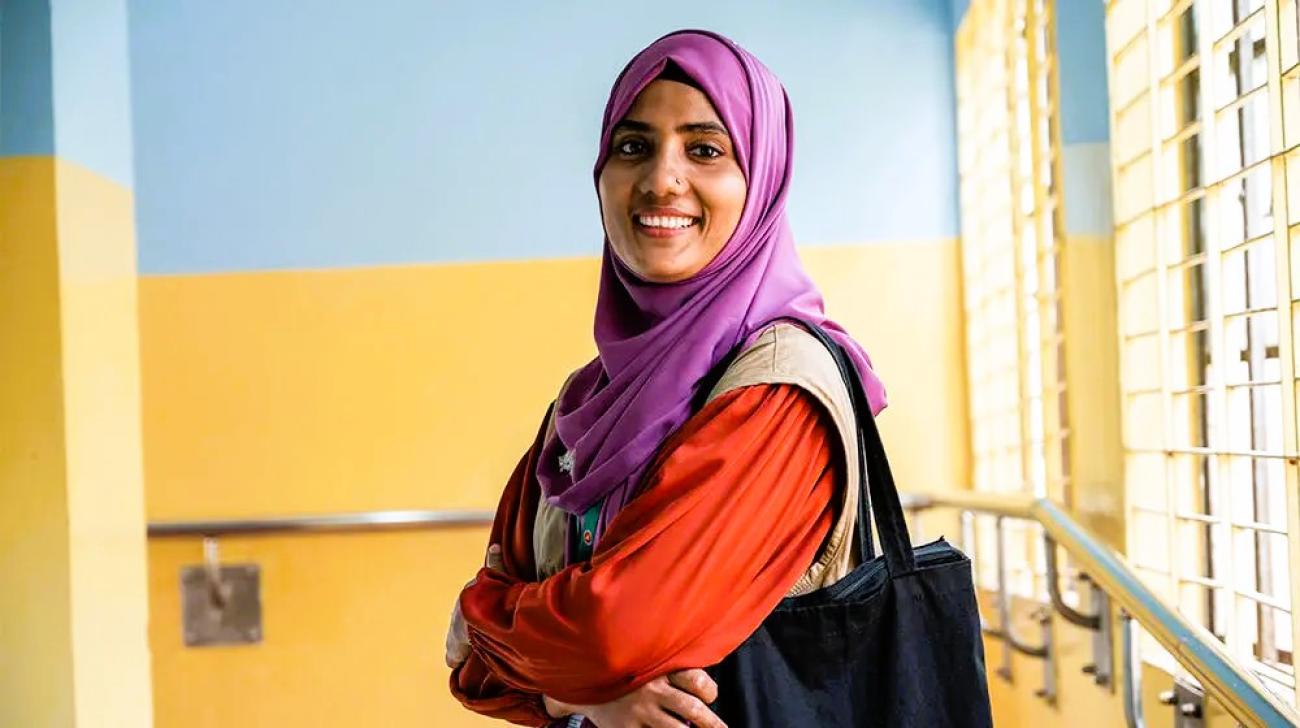In 2022, approximately 48,800 women lost their lives globally due to violence perpetrated by intimate partners or family members, translating to a woman being killed every 11 minutes. This alarming statistic highlights the ongoing issue of femicide and domestic violence worldwide. In 2023, this number soared to 85,000, with 60 percent of these homicides committed by intimate partners.
These figures are incredibly alarming as they represent the highest annual rates of femicide recorded in the past two decades.
Behind the staggering numbers are thousands of lives cut short and families and communities that have been scarred. But in addition to the women who have lost their lives, there are also countless survivors of gender-based violence (GBV). Globally, an estimated 73.6 crore women will experience physical or sexual violence by a partner in their lifetimes.
Seventy-three percent of women in Bangladesh have experienced violence from an intimate partner. Another dire statistic highlights the issue of domestic violence in the country, with nearly two-thirds of ever-married women reporting some form of partner violence in their lifetime.
The United Nations (UN) in Bangladesh supports government programmes and partners that provide essential GBV services to survivors. In Moheshkhali Upazila Health Complex of Cox's Bazar, caseworkers like Tasnim specialise in delivering trauma-informed and gender-responsive support as part of the One-Stop Crisis Cell. Tasnim and her colleagues focus on prevention and response, working to connect survivors to medical care, legal aid, shelter support, skill development opportunities, and even job training.
In 2023, the UN provided support to 267,600 survivors of GBV across Bangladesh, helping them access vital services. However, many women and girls still fall through the cracks. When they experience violence, it is crucial that the survivors can access timely and appropriate services. Caseworkers like Tasnim are on the frontlines of addressing GBV in Bangladesh and require ongoing support and funding for these essential programmes.
As the annual 16 Days of Activism against Gender-Based Violence draws to a close on December 10, we are reminded that this crisis demands urgent attention and sustained action. There is no time to lose.
In just a few months, the 30th anniversary of the Beijing Declaration and Platform for Action will be observed, providing a timely opportunity to renew the sense of urgency and take action to reverse the trends of GBV.
For the thousands of women and girls in Bangladesh who are at risk of GBV, efforts need to focus on enhancing prevention measures and reducing the need for these services in the first place.
Sexual harassment in workplaces, educational institutions, and public spaces, particularly in the transport sector, remains a significant concern in Bangladesh. This issue contributes to an environment that fosters GBV. Legal reforms are necessary to prevent sexual harassment and provide protection for women in the office, classroom, and public spaces.
Stronger measures are needed to safeguard women and girls from tech-facilitated GBV and harassment in the online space. The discriminatory section of the Penal Code (sections 354 and 509) needs to be amended to reduce harassment in public spaces, especially on public transport. While legal reforms are vital in addressing GBV, they are merely the first steps. It is equally essential to address the deeply ingrained social and gender norms that normalise and even justify harmful practices.
It is time to move beyond simply engaging men with gender equality and women's empowerment agendas. We need to invest in concerted, evidence-based efforts that actively transform the models of masculinity that fuel power imbalances and condone violence.
Time is of the essence, and much work remains to be done. The UN in Bangladesh is committed to supporting legal reforms through a strong partnership with the Ministry for Women and Children Affairs, leading a renewed push for systemic change.
We share a vision in which femicide rates decline significantly, and ultimately, we aim for a reality where they reach zero.
This op-ed was cosigned by Gwyn Lewis, the United Nations Resident Coordinator in Bangladesh; Gitanjali Singh, the Representative of UN Women in Bangladesh; and Masaki Watabe, the Representative ad interim for UNFPA in Bangladesh.






